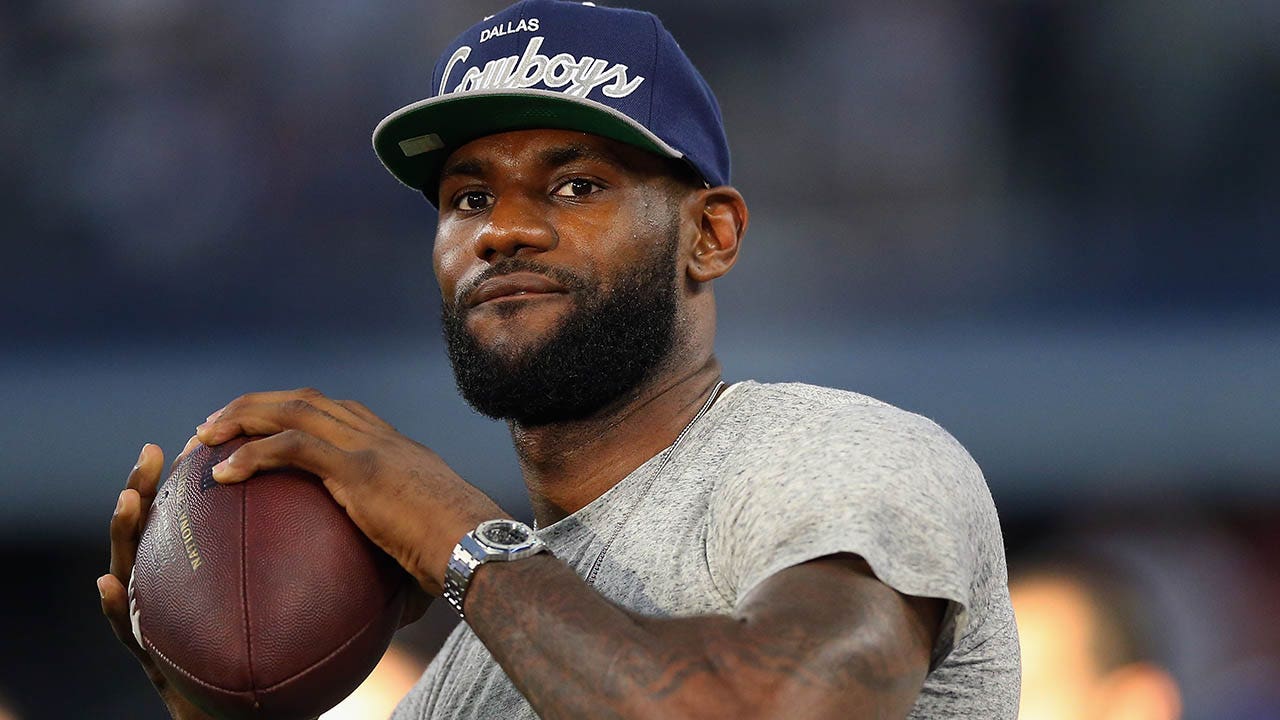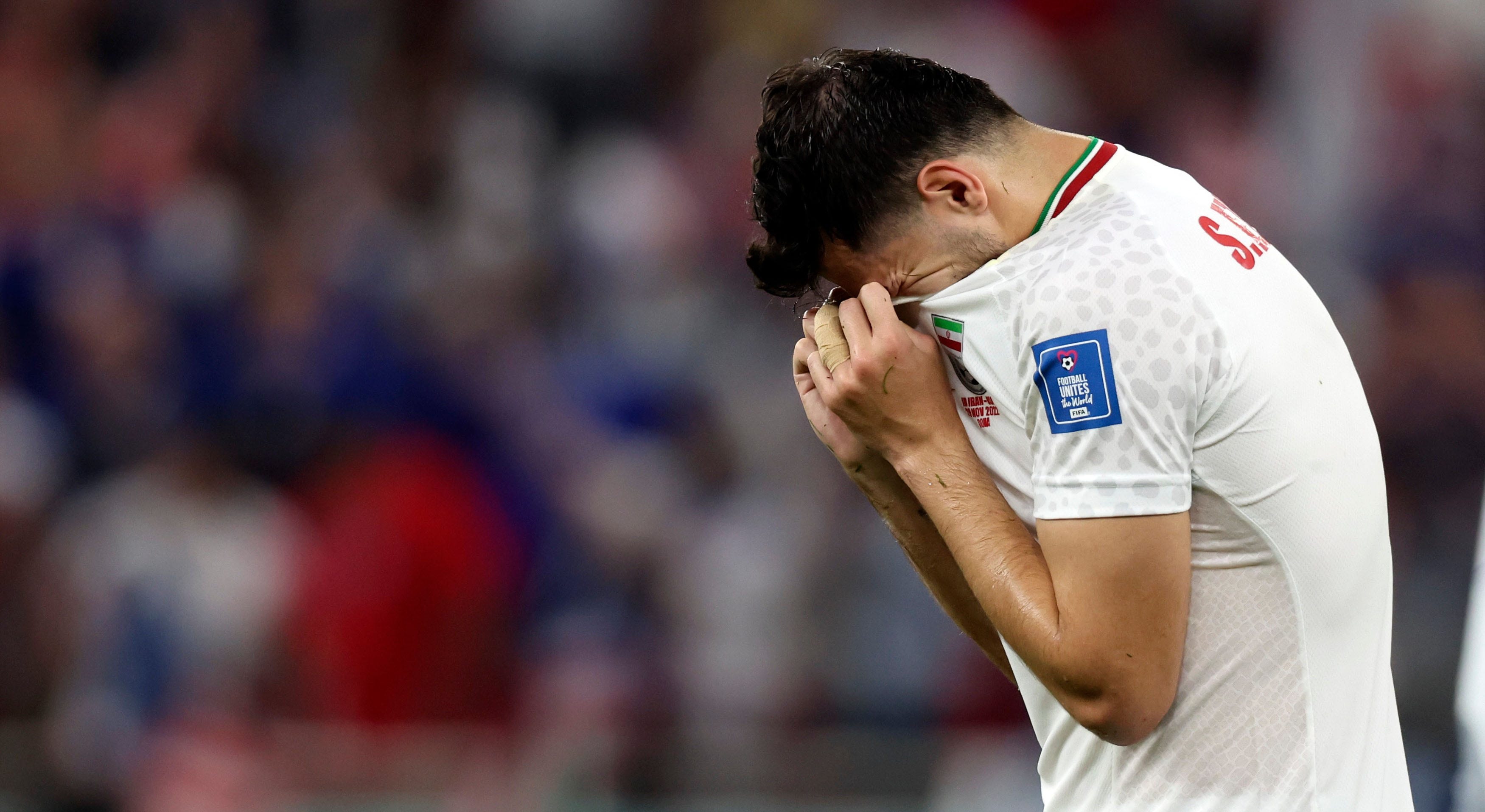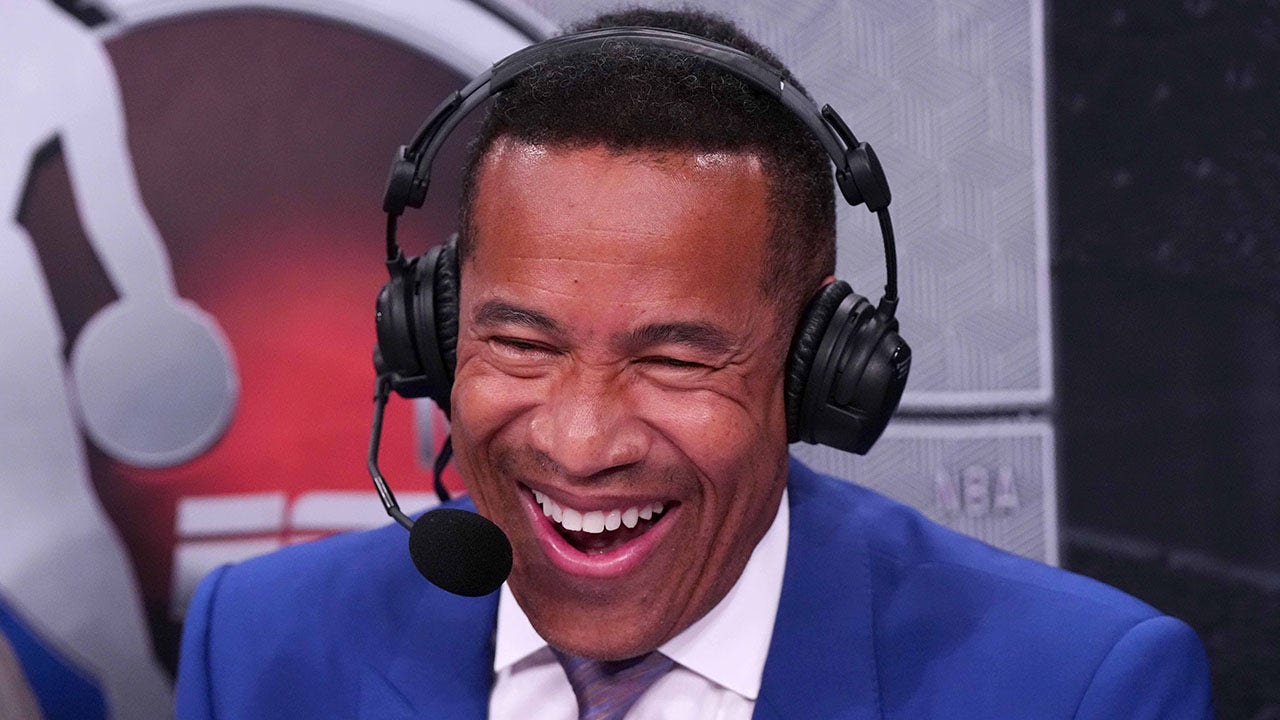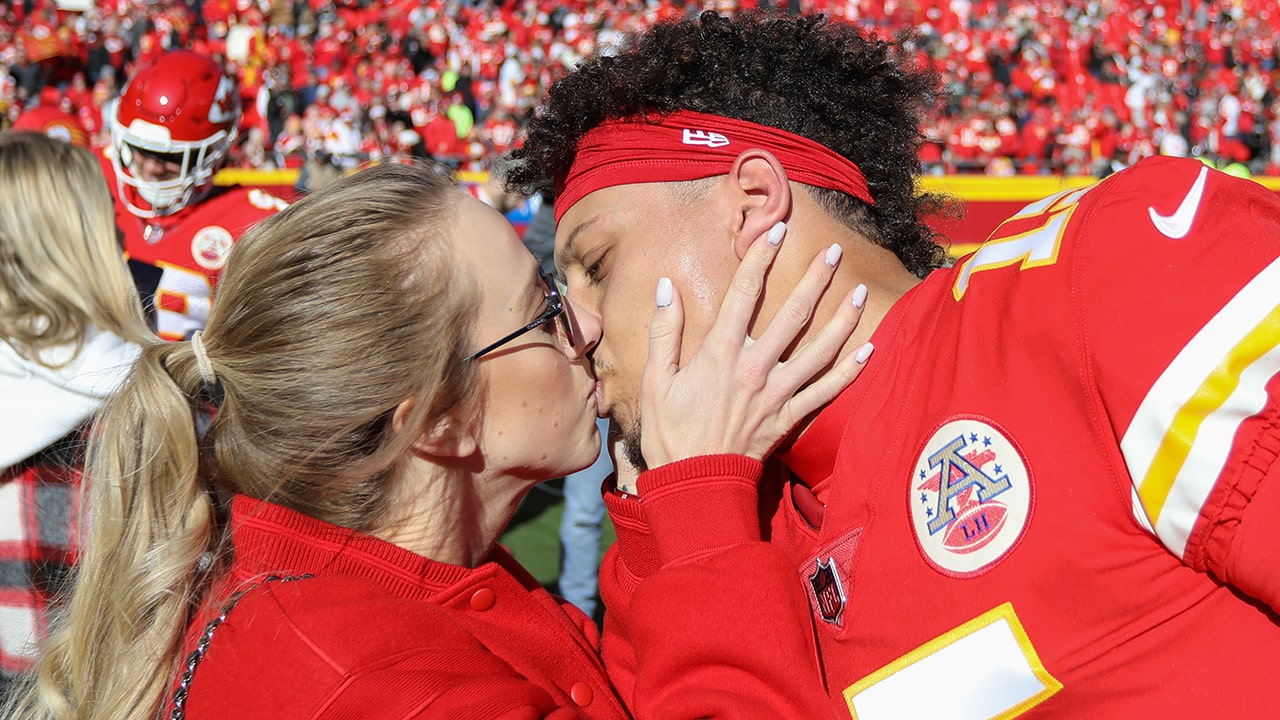Simone Biles understands now that she was struggling long before she arrived at the Tokyo Olympics, where the unofficial face of the Games and one of the greatest gymnasts of all time was unable to force a smile and push her way through on the world’s biggest stage.
Biles had persevered through the widespread sexual and emotional abuse scandal that rocked the gymnastics community. She continued her intense training and preparation for the Olympics through its yearlong pandemic delay.
CLICK HERE FOR MORE SPORTS COVERAGE ON FOXNEWS.COM
CLICK HERE TO GET THE FOX NEWS APP
While Biles and Osaka helped blow the conversation open, Miller believes stigmas surrounding mental health won’t go away. Athletes, particularly male ones from traditional sports championed in the fabric of America, will still struggle to seek help when needed.
“We’re taught as men to be individuals who take care of things with grit and resilience, not community and vulnerability,” Miller said. “There are pockets of people in the country who see individuals talking about their feelings as weak or lacking masculinity in general. What you’re seeing playing out among male athletes now is nothing new to any man who has ever dealt with mental health issues; it has been happening to men across the country for generations.
“We, as a collective society, need to take a look at ourselves and decide whether an open conversation about mental health is strength-based or not. Until that happens, male athletes — and men as a whole — will continue to experience difficulty discussing mental health challenges.”
The NBA has a “Mind Health” program and the NFL and NFL Players Association in 2019 formed a mental health and wellness committee. Minnesota Vikings general manager Rick Spielman earlier this month urged organizations to invest in support systems following an incident in which defensive end Everson Griffen called police to his home and then refused to leave; Griffen has since revealed he’s bipolar.
Most leagues do indeed now have robust mental health and counseling services.
Nearly six months removed from her own public dealings with mental health struggles, Biles said “I’m honestly kind of OK that it happened” because it led to her receiving the help she didn’t recognize she needed. Had it not all come to a head on a gymnastics mat in Tokyo, her trauma would have followed her.
“Your mind and body will stop before you do. My mind and body were intact with everything that I was feeling, and it was very alarming,” she said. “It told me like, ‘Hey, enough is enough, you’ve got to go get help.’ I would have probably kept suppressing it for probably the rest of my life.”
 Iktodaypk Latest international news, sport and comment
Iktodaypk Latest international news, sport and comment






